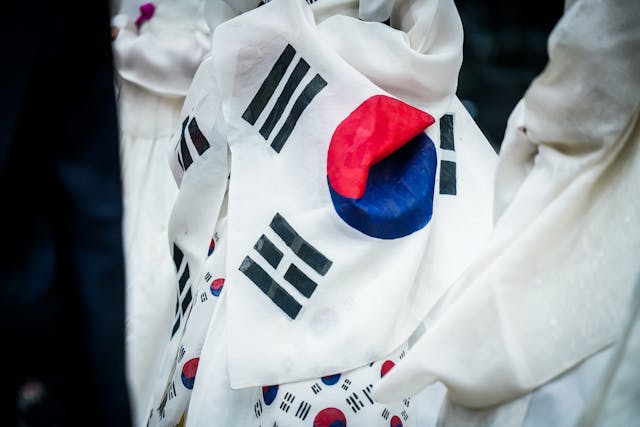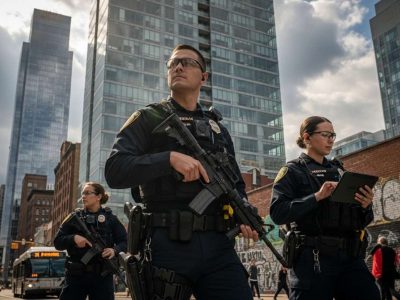Payam Javan: South Korean President Yoon Suk Yeol declared an “emergency martial law” on Tuesday, accusing opposition forces of undermining the country’s democracy and governance by aligning with North Korea. During a televised briefing, Yoon stated that the government would act decisively to “eradicate pro-North Korean forces” and safeguard the nation’s constitutional democratic order. The announcement comes amidst increasing political tensions and accusations of anti-state activities against opposition parties, raising concerns about the impact on South Korea’s governance and democratic fabric.
The decision faced swift backlash, including from within Yoon’s own conservative party. Party leader Han Dong-hoon criticized the martial law declaration as “wrong” and pledged to rally public support to oppose it. Opposition leader Lee Jae-myung, Yoon’s rival in the 2022 presidential race, condemned the move as “illegal and unconstitutional.” Meanwhile, the Democratic Party convened an emergency meeting to address the unfolding situation, signaling a turbulent political landscape ahead as the opposition gears up to counter the government’s decision.
In his address, Yoon justified the extraordinary measure as necessary to protect the nation from falling into “national ruin.” He urged citizens to trust his leadership despite the challenges and inconveniences martial law might bring. However, the move has heightened political divisions and left uncertainty about its implications for South Korea’s democratic system. As tensions rise, the nation’s political and legal institutions are expected to face significant scrutiny in navigating this unprecedented development.









